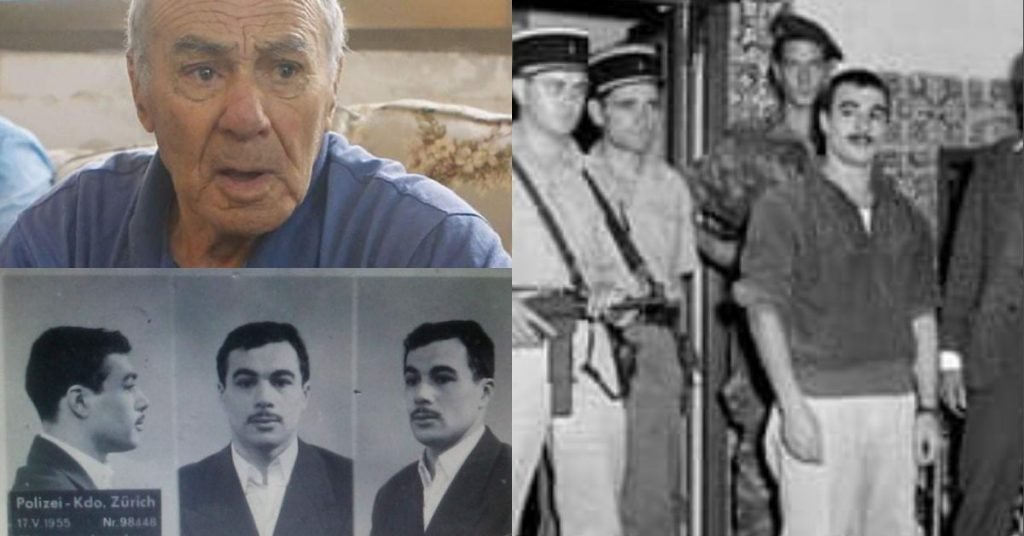
Saadi Yacef, a revolutionary leader who fought French rule in Algeria in the 1950s and then set in motion — and acted in — “The Battle of Algiers,” Gillo Pontecorvo’s acclaimed 1966 film about the long anti-colonialism struggle, died on Sept. 10 in Algiers, the capital. He was 93.
His daughter Zaphira Yacef, who confirmed the death, said he had had heart problems.
Mr. Yacef became involved in opposition movements while still a teenager and in 1954 joined the Front de Libération Nationale, the F.L.N., the leading nationalist organization during the war for independence. The war lasted from 1954 to 1962, ending with the country’s liberation from France.
He became the organization’s military chief in Algiers in 1956, ordering bombings and other guerrilla attacks until his arrest by French paratroopers the next year in the part of the city known as the casbah. He was sentenced to death.
“While I was in prison the executions were always done at dawn,” he told The Sunday Herald of Glasgow, Scotland, in 2007, “so when I saw the sun coming through the prison bars I knew I was going to live through another day. But I was very certain that I would be executed.”
Charles de Gaulle, who was elected president of France in 1958, eventually set Mr. Yacef free. That began an entirely different chapter in Mr. Yacef’s life. While in prison he had written “Souvenirs de la Bataille d’Alger” (“Memories of the Battle of Algiers”), his account of a particularly violent three-year portion of the war.
Once Algeria became independent, the F.L.N., ruling the country, sought to commission a film about the freedom fight, with Mr. Yacef leading the effort.
“At that time,” he told Le Monde in 2004, “everyone swore by Italian neorealism. That’s why I went to Italy to look for a screenwriter and a director for ‘The Battle of Algiers.’”
With a script based on his book, he met with Mr. Pontecorvo, who was said to have been considering his own movie about the Algerian War, one that he hoped would star Paul Newman as a French paratrooper turned journalist. Mr. Yacef and his backers nixed that idea, and Mr. Pontecorvo found Mr. Yacef’s script propagandistic, but they continued to talk. Mr. Yacef arranged to bring Mr. Pontecorvo and his screenwriter, Franco Solinas, to Algiers for an extended stay so they could study up on the revolution, see locations where the fighting had occurred and meet people who had fought.
The resulting movie, filmed in Algeria with Mr. Yacef as a producer, had its premiere at the Venice Film Festival in 1966 and caused a sensation for its startling realism. Some scenes, especially of bombings, looked so authentic that the film in its initial showings was preceded by a disclaimer saying that no newsreel footage had been used.






